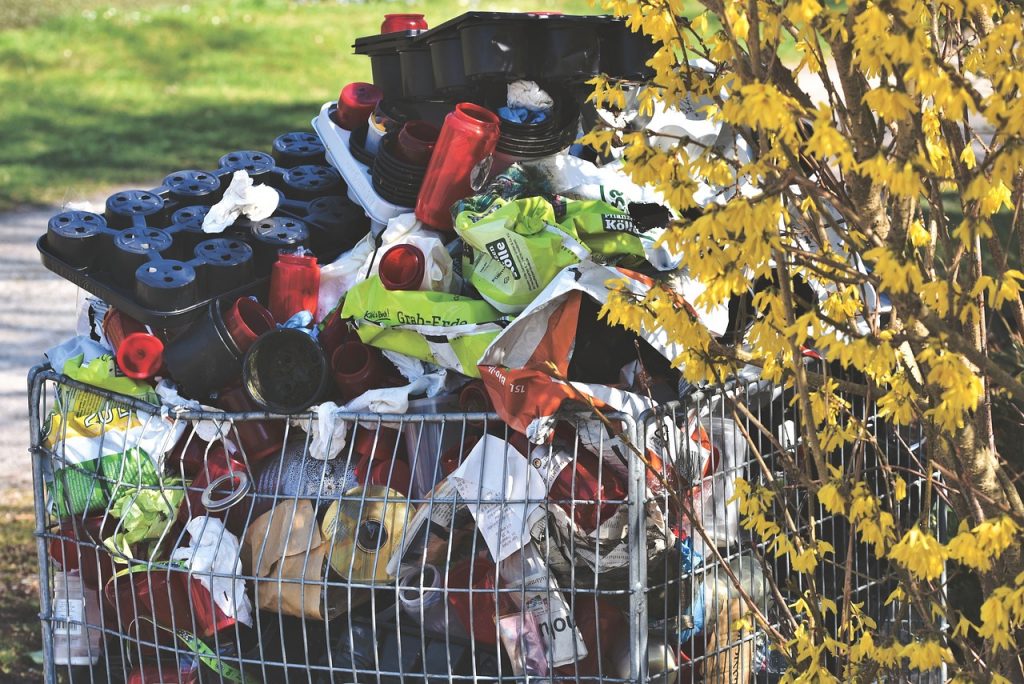The problem of circular economy
Eurobarometer – a polling instrument used by the European Commission – revealed that 77% of Europeans feel a personal responsibility to act on climate change. Consumer preferences in buying, using, and throwing away goods have the potential to promote circular economy principles by increasing demand for products aligned with such principles. Nonetheless, many obstacles still arise whenever consumers attempt to embrace a circular option. According to the EU commission: “Discarded products are often viable goods that can be repaired but are tossed prematurely, resulting in 35 million tons of waste every year in the EU”. In Italy, the latest report on Circular Economy states that only 7.2% of the national economy is circular and records a downward trend in such percentage. The main obstacles faced when trying to consume sustainably are: biases against used or reconditioned items, fear of scams by second-hand item dealers, time required to search for sustainable products and so forth.
What influences consumers behavior?
Behavioral economics traditionally recognizes mainly five factors that influence consumption choices:
- economic factors,
- the fit between needs and offering,
- information,
- social factors,
- individual consumer preferences and beliefs.
The easiest category for policymakers to act on is the economic one, through taxes and subsidies. Many EU countries have policies in place that try to make circular economy more attractive for consumers. On the opposite hand, social norms and cultural beliefs change over longer period of time. However, policymakers are testing number of tools to act also on non-economic key factors. One example of such attempt is the “right to repair” recently adopted by the EU commission.
An investigation on Italian consumers proofed the strong connection between the type of product and consumer’s willingness to repair it. It is quite frequent to repair things such as cars (50%) or expensive home appliances(43%). However, it is unlikely for people to repair smartphone, TV, computers (39%) or clothes (27%).
The right to repair as a mean for circular economy
The “right to repair” initiative aims at introducing new consumer rights and promoting the repairing of goods as a waste-prevention measure. Particularly, the proposal “will ensure easier and less expensive options for consumers to repair technically repairable products (such as vacuum cleaners or, soon, tablets and smartphones) when the legal warranty has expired or the good is no longer functional”. Moreover, new obligation for firms to repair their own products will come into force once the European Parliament approves the initiative together with adjourned quality standards for repair services.
The key to boosting repair is to drive the market to the point where it is cheaper to repair a broken item than to replace it. This task requires multiple policies able of acting on several aspects of the consumption experience. On one hand, policies can immediately provide incentives to companies that offer cutting-edge repair policies and discounts on consumption fees for circular products. On the other hand, awareness campaigns about waste generation can achieve a stronger education on reusing and repairing products – also at the domestic and DIY level – in the long-run.
The value of repairing
In our society, repairing objects can be an act of care that fosters a cultural shift toward conscious consumption. Encouraging repair as a practice not only extends the lifespan of products, but also promotes a mindset of valuing and caring for our possessions. Moreover, it creates a ripple effect, increasing the demand for circular options. As consumers prioritize repairability and durability, businesses are compelled to produce goods that align with these values, resulting in reduced waste generation and a more responsible approach to manufacturing.
If you are interested in circular economy, here you can access our archive on the topic.



